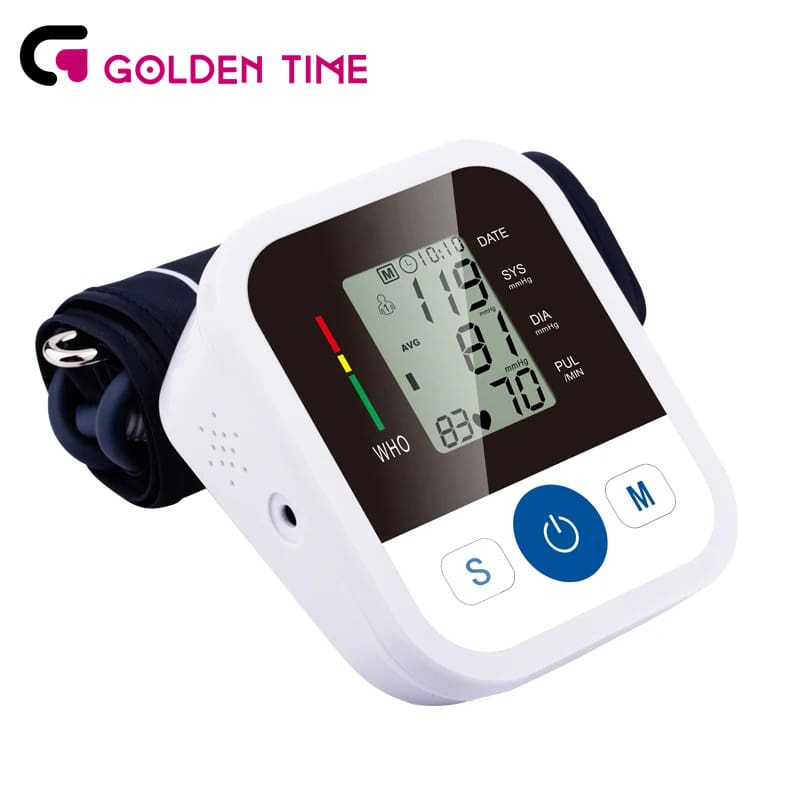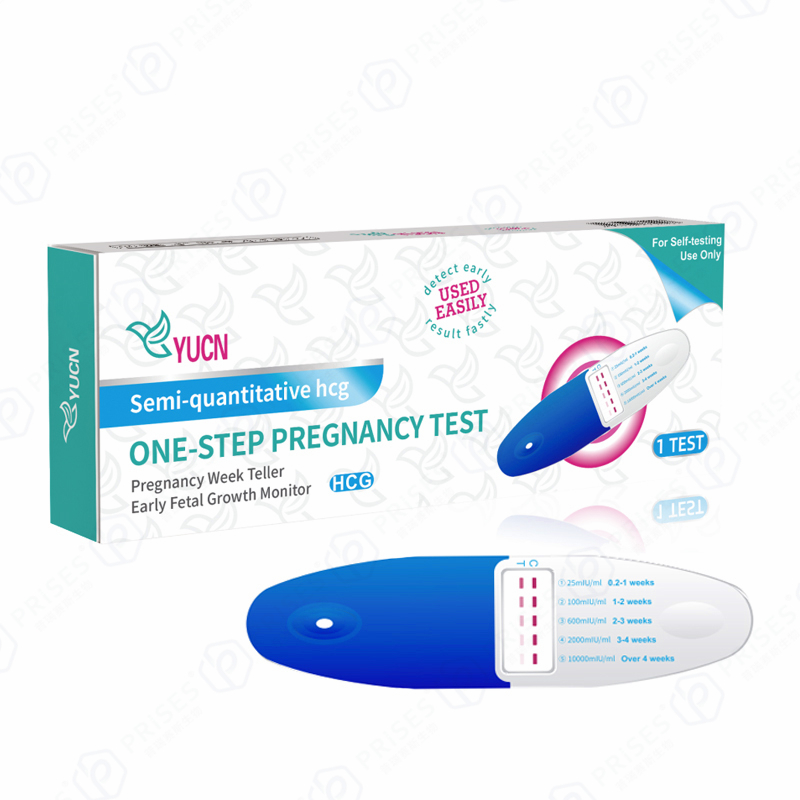Jan . 06, 2025 18:51 Back to list
COVID-19 (SARS-CoV-2) IgG IgM Antibody Test
The quest to remain informed about COVID-19 testing, especially amidst rapidly changing landscapes, can be both daunting and crucial. Navigating through seemingly endless information, many individuals and businesses seek a comprehensive guide that articulates the nuances with accuracy and clarity. Anchoring our exploration in the realms of experience, expertise, authoritativeness, and trustworthiness enables us to extend valuable, meaningful insights.

When considering COVID-19 tests, understanding their types and applications is paramount. Primarily, there are two categories diagnostic tests and antibody tests. Diagnostic tests, which include molecular tests (such as PCR tests) and antigen tests, are utilized to determine an active infection. PCR tests are renowned for their precision, detecting the virus’s genetic material within days of infection, even in asymptomatic individuals. Meanwhile, antigen tests offer results more rapidly, albeit with a slightly lower sensitivity, making them more suited for large-scale or rapid testing scenarios. Conversely, antibody tests serve as a retrospective, detecting previous infection by identifying antibodies in the blood, and are instrumental in understanding the virus’s contemporary impact and aiding in vaccine distribution strategies.
Incorporating real-world experiences is essential for grounding these discussions in practical reality. This affirms that molecular tests, though requiring specialized equipment, offer unmatched accuracy, imperative for hospital settings where precision is critical. Conversely, the swift turnaround of antigen tests has been praised in educational institutions and travel sectors, where quick decision-making is fundamental. It is through shared experiences that we can discern optimal testing environments and adapt to varied needs efficiently.

Expertise in the field points to an ongoing evolution in COVID-19 testing technologies. Researchers and healthcare professionals consistently refine protocols to enhance accuracy, reduce contamination risks, and streamline processes. Innovations like at-home testing kits empower individuals, facilitating personal health management and reducing the burden on healthcare facilities. Such products are backed by rigorous scientific validation, ensuring they meet safety and efficacy standards set by regulatory bodies, like the FDA and WHO.
test covid 19
Authoritative voices continue to emphasize the role of comprehensive testing regimes in public health strategies. By identifying asymptomatic carriers, effective testing can significantly mitigate transmission rates, playing a pivotal role in pandemic response strategies. Esteemed organizations and professionals emphasize data-driven decision-making, encouraging governments and institutions to deploy resources where they are most impactful, thereby optimizing public health outcomes.
Trustworthiness is cultivated through transparent communication and adherence to ethical standards. Manufacturers of testing kits and equipment prioritize transparency regarding their products’ efficacy and limitations. By sharing open, honest data, they foster consumer trust and facilitate informed decision-making. Furthermore, collaborations with healthcare professionals and public health bodies reinforce these commitments, enabling the development of trustworthy frameworks for widespread implementation.
In conclusion, by centering on the principles of experience, expertise, authoritativeness, and trustworthiness, a detailed and coherent understanding of COVID-19 testing emerges. Individuals and businesses are called to remain informed, embracing advancements while critically assessing sources. By leveraging authoritative guidance and real-world experiences, communities can navigate the complexities of COVID-19 testing with confidence, contributing to the greater public health effort.
-
Dengue NS1 Rapid Diagnostic Test Kit
NewsMar.07,2025
-
Dengue NS1 Rapid Diagnostic Test Kit
NewsMar.07,2025
-
Dengue NS1 Rapid Diagnostic Test Kit
NewsMar.07,2025
-
Transferrin Rapid Test Cassette Tumor Marker TF Card
NewsMar.07,2025
-
Malaria Pf Pan Rapid Diagnostic Test Kit
NewsMar.07,2025
-
malaria pf / pan ag rapid test
NewsMar.07,2025

